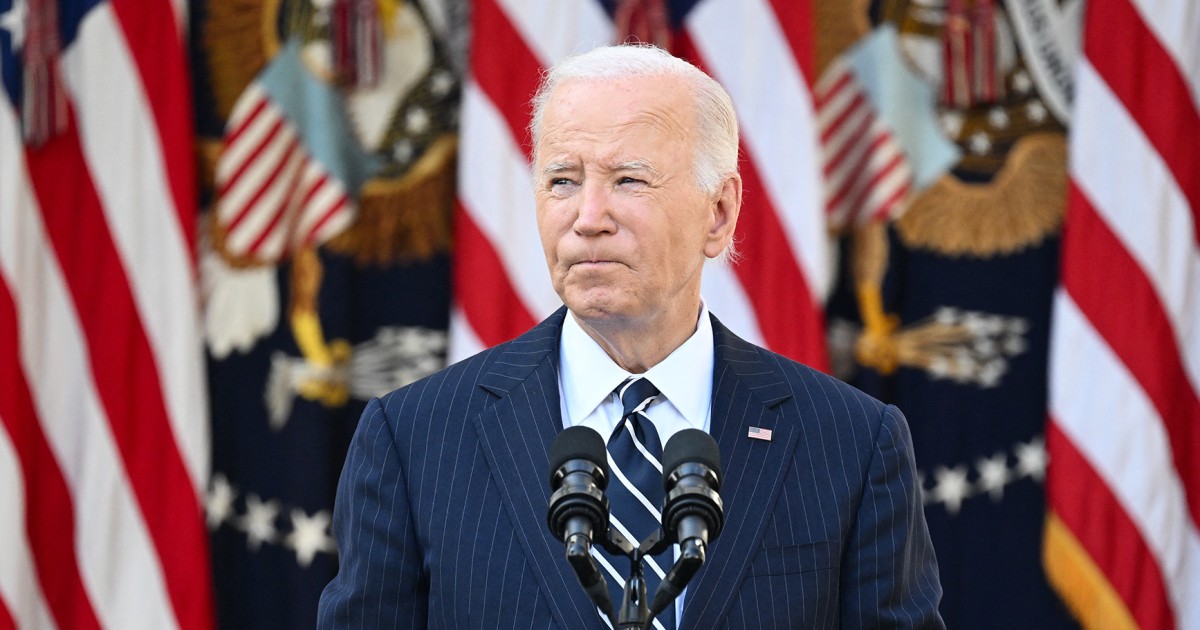Summary
President Joe Biden’s economic achievements—lowering inflation, reducing gas prices, creating jobs, and boosting manufacturing—are largely unrecognized by the public, despite his successes.
His tenure saw landmark legislation like the Inflation Reduction Act, CHIPS Act, and major infrastructure investments.
However, Biden’s approval ratings remain low, attributed to inflation backlash, weak communication, and a media landscape prone to misinformation.
Democrats face a “propaganda problem” rather than a policy failure, with many voters likely to credit incoming President Trump for Biden’s accomplishments due to partisan messaging and social media dynamics.



The inflation reduction act was such a great achievement they didn’t even mention it by name in the campaign. All it did was make inflation worse now, and hopefully get some environmental benefits in the medium to long term. That’s not a winning message.
I mean it’s not great, but inflation did come way down right? As I said above it doesn’t make up for the inflation that already happened which makes our dollars worth so much less.
Yes inflation eventually came down, thanks largely to the Fed finally having interest rates. Even then it’s only come down to the high side of acceptable.
How did it make inflation worse now?
Directly from Wikipedia
More directly it essentially printed 900 billion more dollars at a time when spending should decrease. There’s forecasted payback eventually, but no significant amount has happened yet, but the money is already gone.
I’d argue that its name was somewhat deceptive (like most congressional acts) but that the money largely went to projects that are beneficial for the country. Also, the next section on Wikipedia talks about how the overall deficit reduction would lower medium-term and long-term inflation. I think in general, when money is allocated to things like this, it takes a long time to payback since the money has to first be disbursed and then the projects completed for the results to actually be felt.
Beneficial on a 20 year timescale, arguing a benefit of future savings is economical fiction.